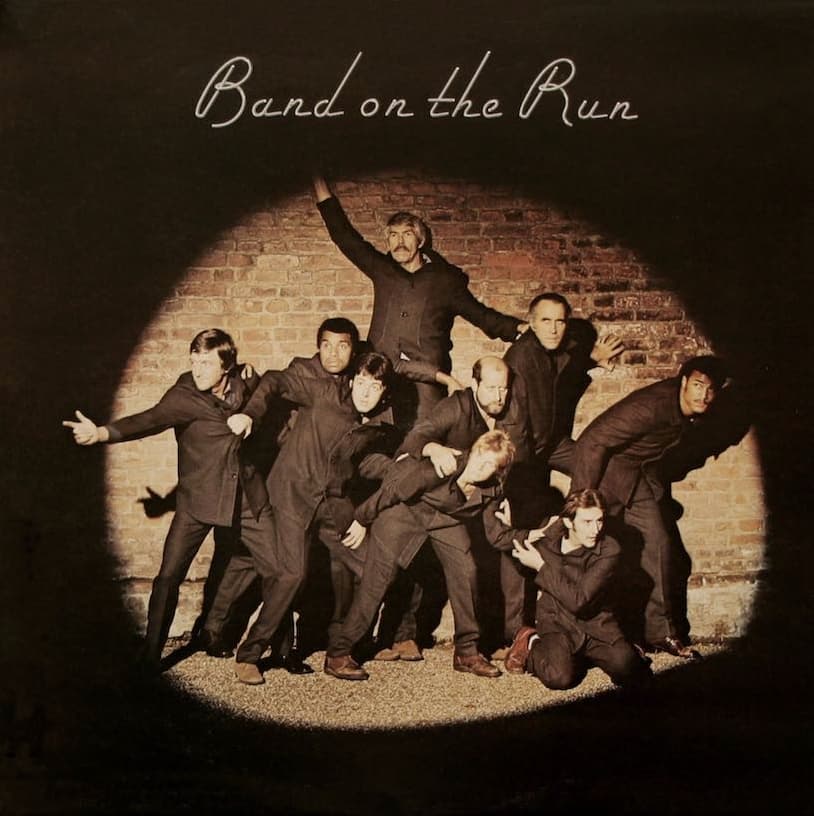
Paul McCartney and Wings Ascend with “Band on the Run”: A Triumph of Freedom and Escape
“Band on the Run,” the quintessential 1973 hit by Paul McCartney and Wings, not only crowned the charts but also captured the essence of artistic and personal liberation that seemed to permeate the early 70s rock landscape. This song, released as a single in April 1974 in the United States and subsequently in June in the United Kingdom, quickly became a chart-topper. It soared to the number one spot in the U.S., while achieving a respectable third place in the UK. The song’s international success cemented it as one of the band’s most iconic tracks.
The track is distinguished by its composition—a medley of three distinct musical sections, each shifting seamlessly in style and tempo, making it one of the longer singles in McCartney’s career at 5:09 minutes. The song’s genesis is rooted deeply in the themes of freedom and escape, inspired in part by a comment from George Harrison during a Beatles’ business meeting. Amidst the backdrop of the Beatles’ split and the dissolution of their business relations with manager Allen Klein, McCartney found a new vein of creativity.
Recording of “Band on the Run” proved to be as dramatic as its lyrics. The initial demos were stolen in Lagos, Nigeria, where Wings had traveled to record their album, leaving the band with McCartney, his wife Linda, and Denny Laine to re-create the lost material from memory. This theft inadvertently shaped the song’s theme of entrapment and liberation, as they found themselves “stuck inside the four walls of the small, cell-like studio.”
The song’s lyrical journey is a metaphor-rich exploration of escape from figurative imprisonment. McCartney layers the narrative with references to the cultural and legal pressures faced by musicians of the era, notably the crackdown on drug use. The lyric, “if we ever get out of here,” reflects a universal desire for freedom, a theme that resonates with the listener on multiple levels.
The influence of the late 60s and early 70s rock scene is palpable in McCartney’s arrangement and stylistic choices. The latter sections of the song incorporate a blend of acoustic rhythm guitars, country-tinged slides, and harmonious vocals, reminiscent of the sound popularized by bands like the Eagles. The orchestration, later enhanced by Tony Visconti, added a polished richness to the final production, recorded partly in Lagos and completed in London’s AIR Studios.
Upon its release, “Band on the Run” was not just a commercial success but a critical darling. It was lauded for its innovative structure, which eschewed traditional choruses for a more episodic composition that still managed to be anthemic. This song not only topped charts but also earned McCartney and Wings a Grammy for Best Pop Vocal Performance by a Duo, Group or Chorus, affirming its impact on the music industry and popular culture.
Decades later, “Band on the Run” continues to be a staple in McCartney’s live performances, proving its enduring appeal. The song’s narrative of escape, coupled with its musical dynamism, has allowed it to remain a beloved classic, celebrated across generations of listeners. It stands as a testament to McCartney’s genius, a melodious blend of storytelling and songcraft that captures the spirit of its time while continuing to resonate with universal themes of aspiration and liberation.